Golf may not be what first comes to mind when thinking about therapeutic interventions for young people with autism, but as taught by the Els Center of Excellence at the Els for Autism Foundation in Florida, it has turned out to be a winning choice.
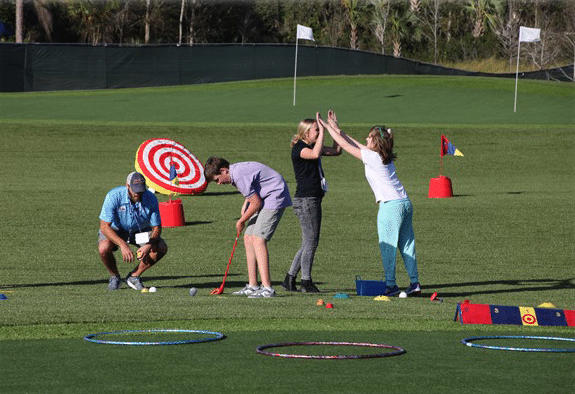
The Els for Autism Foundation, started by South African world golf champion Ernie Els, began holding introductory clinics for people with autism around the country as part of a fundraising effort. At these clinics, staff members and Ernie, himself, realized the potential of golf as an activity that young people with autism could enjoy and benefit from when taught with autism-specific strategies. The Foundation decided to develop a formal curriculum to train coaches and parents to teach kids and young adults with ASD to play golf, and approached NEXT for AUTISM.
With funds from our Night of Too Many Stars event, NEXT for AUTISM supported the new curriculum and 12 training sessions at 14 sites across the country. The majority of the golf clinics take place on public courses and are free to all interested families, fulfilling a NEXT for AUTISM goal of making services accessible to all families regardless of their ability to pay.
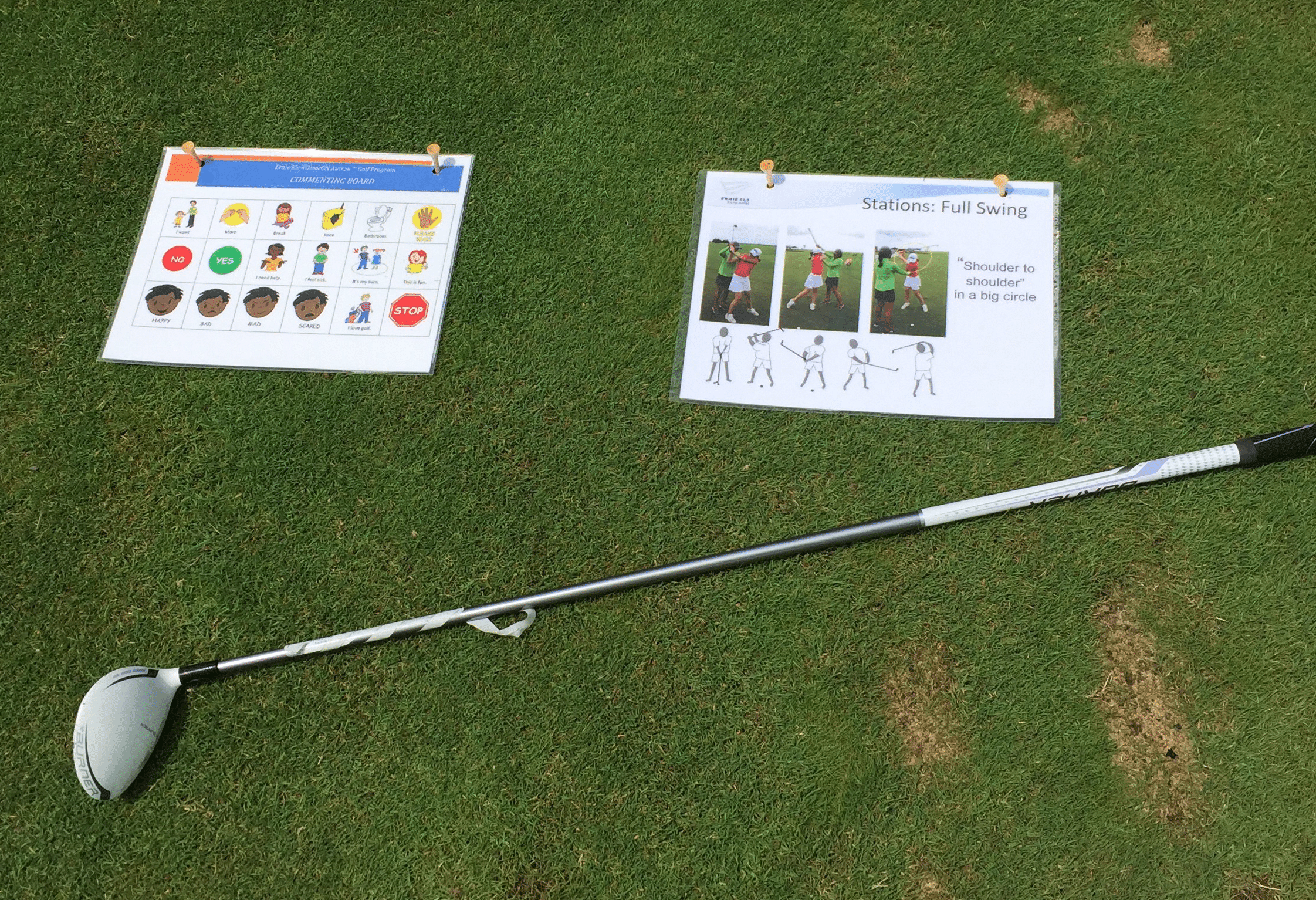
“Golf is not an easy game to learn,” explained Dr. Marlene Sotelo, the Director of Programs & Operations at the Els for Autism Foundation and a clinical practitioner with 20 years of experience. “We’ve found that it’s a great tool for teaching impulse control, following instructions, communications and socialization, all key areas of deficit for individuals with autism.”
“Golf also gets young people moving and outdoors, allowing them to practice generalizing skills that they don’t always retain when learned in the controlled setting of a classroom,” Dr. Sotelo added. “The more opportunities that young people have to practice making eye contact or completing tasks for different people in different settings, the more they will absorb those necessary life skills.”
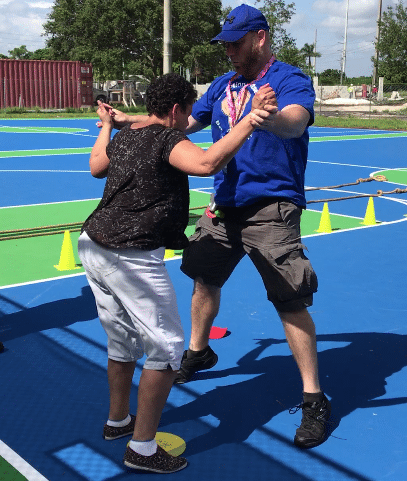
The curriculum has been popular with golf coaches, who may be experts, but lack experience teaching the autism population. In training workshops, the coaches learn the characteristics of autism, as well as evidence-based, intervention strategies. Coaches have reported gaining a greater understanding of how to steer students towards positive behaviors and feeling more empowered as teachers.
For parents, the clinics have expanded the possibilities for connection with their own children and with families like theirs. And it has helped families become more connected to the larger community.
“Golf is not usually an affordable activity, but the free clinics that we hold have given parents options beyond soccer or T-ball,” said Dr. Sotelo. “For dads of boys especially, it’s a chance to have a father-son activity that’s fun and beneficial.”
The clinics have also encouraged golf centers across the country to open their doors to young people with disabilities of all ages. Each partner organization receives the training and materials necessary to sustain the programs locally, after the clinics have ended. This successful model has led the Els for Autism Foundation, with NEXT for AUTISM’s support, to create an electronic version of the golf curriculum, which it has taken overseas to train golf and autism organizations in South Africa, England, Ireland and Canada.
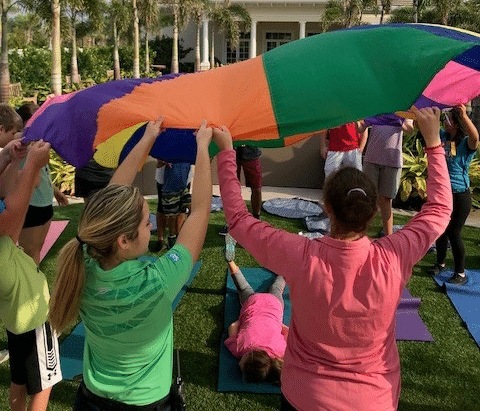
Additionally, with the grant from Night of Too Many Stars, the center has created and implemented a curriculum for its signature fitness program, Ernie Els #GameON Autism ™ Fitness, which has helped individuals with autism – young and adult – to get fit with cardio, flexibility and strengthening exercises. The new curriculum has been piloted and refined, and will be used nationwide in 2018.
Ernie Els, whose physical stature and golf swing earned him the moniker “The Big Easy,” and whose son is on the autism spectrum, continues to be involved in the programs. According to Dr. Sotelo, “Ernie doesn’t see autism. He just sees a person and jumps right in, grabs onto their hands, and teaches them to hold the club and play golf.”
That can-do spirit is one which NEXT for AUTISM shares as we continue to create possibilities for children and adults with autism to learn skills, live fully, and engage with the wider community.
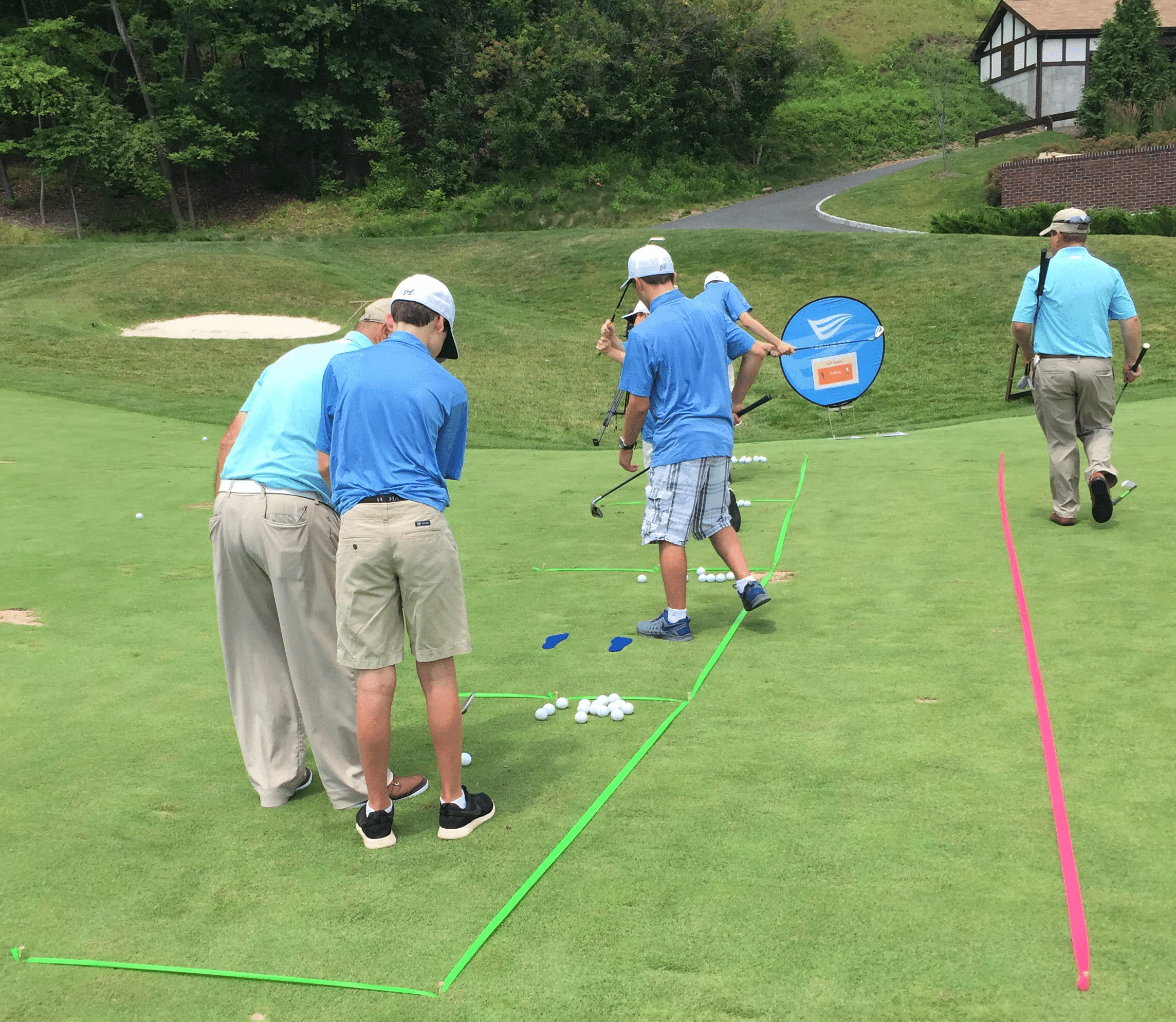


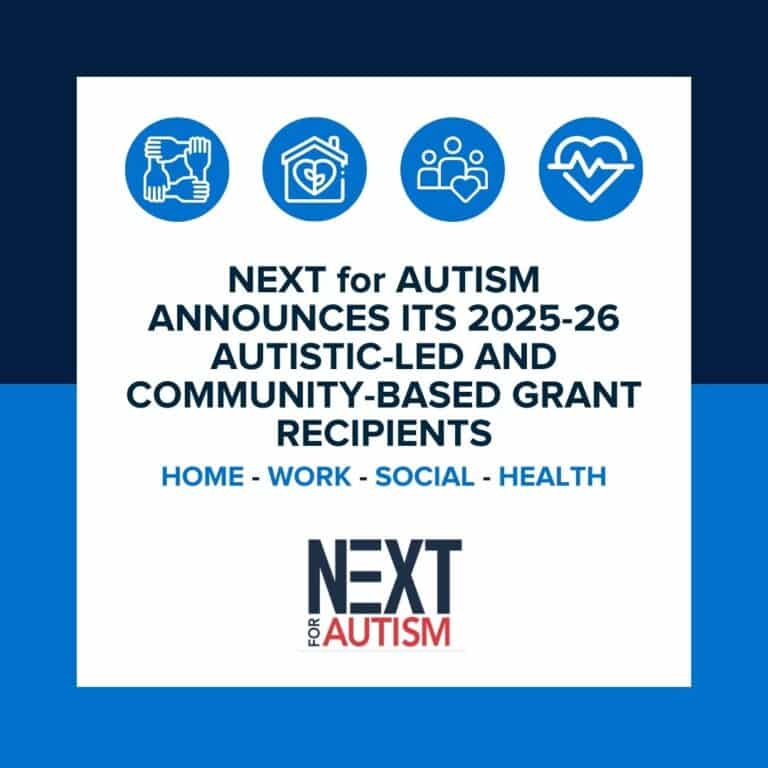
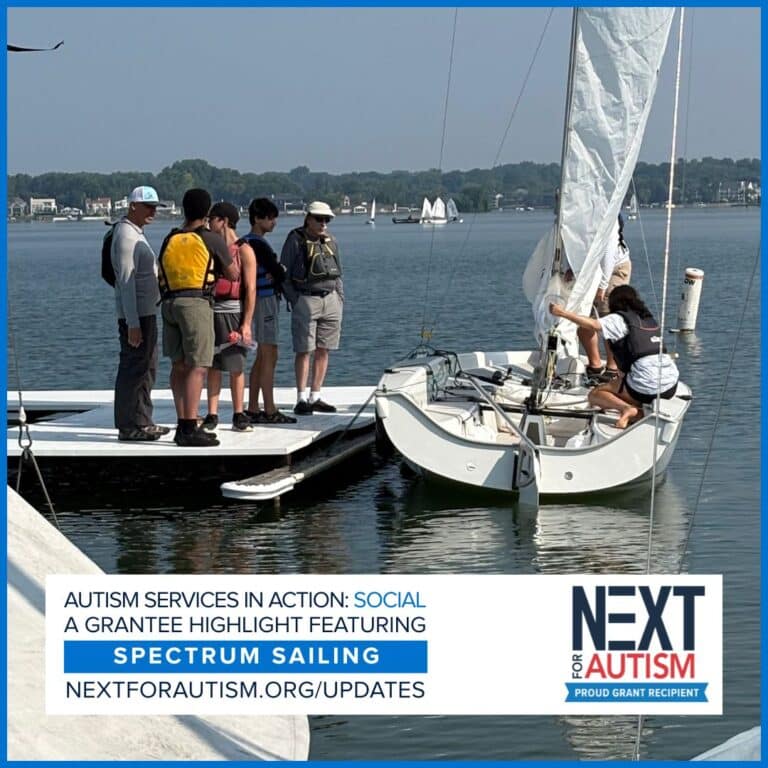
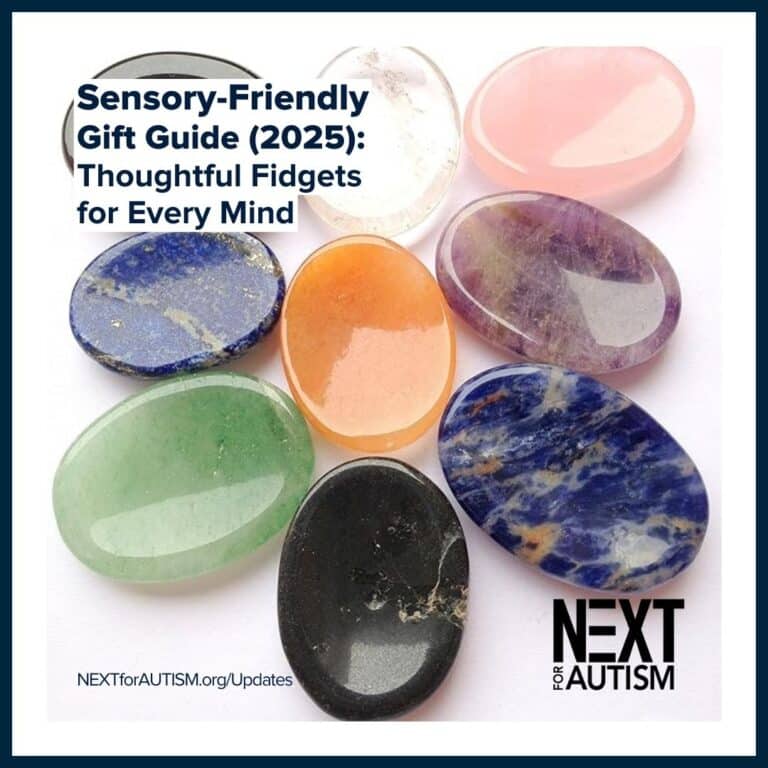

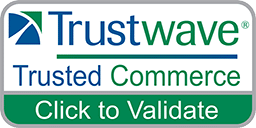
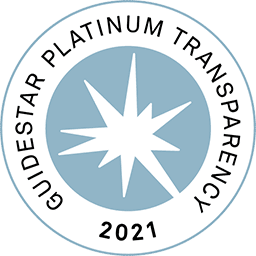
Leave a Reply